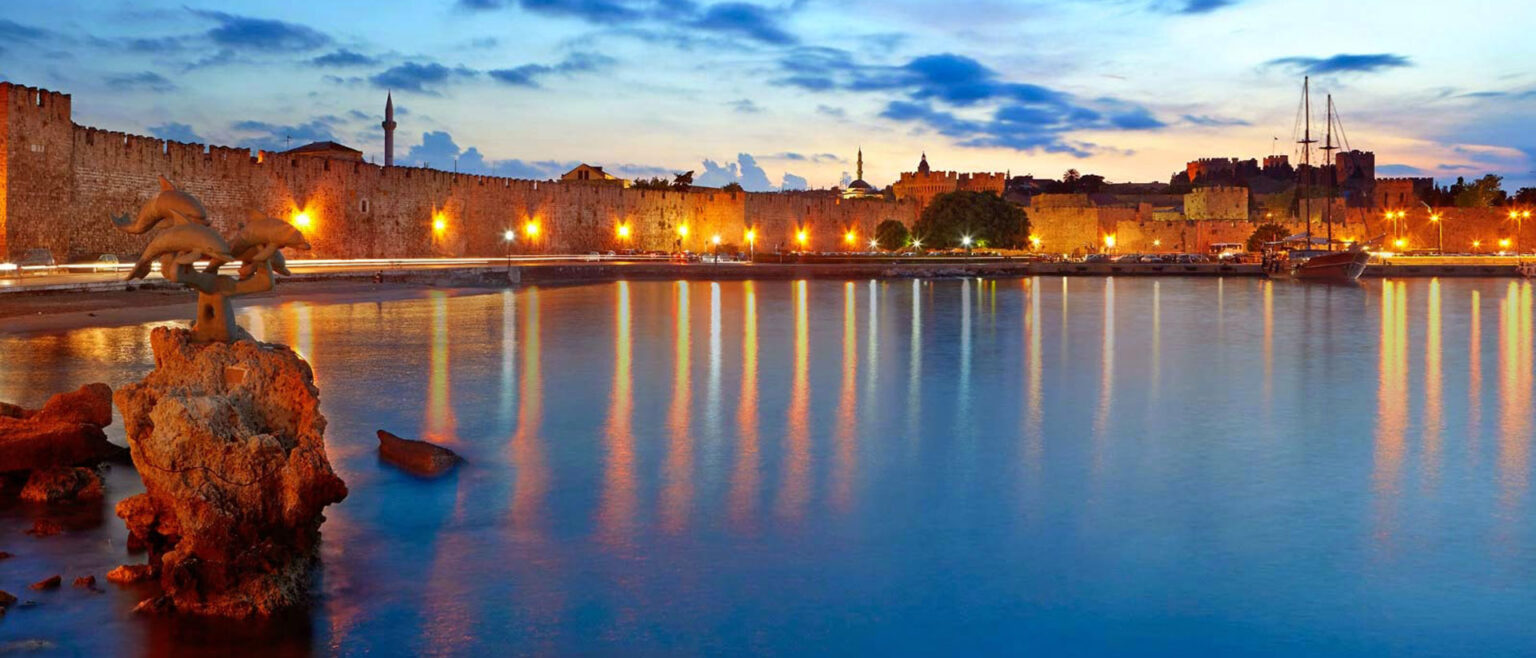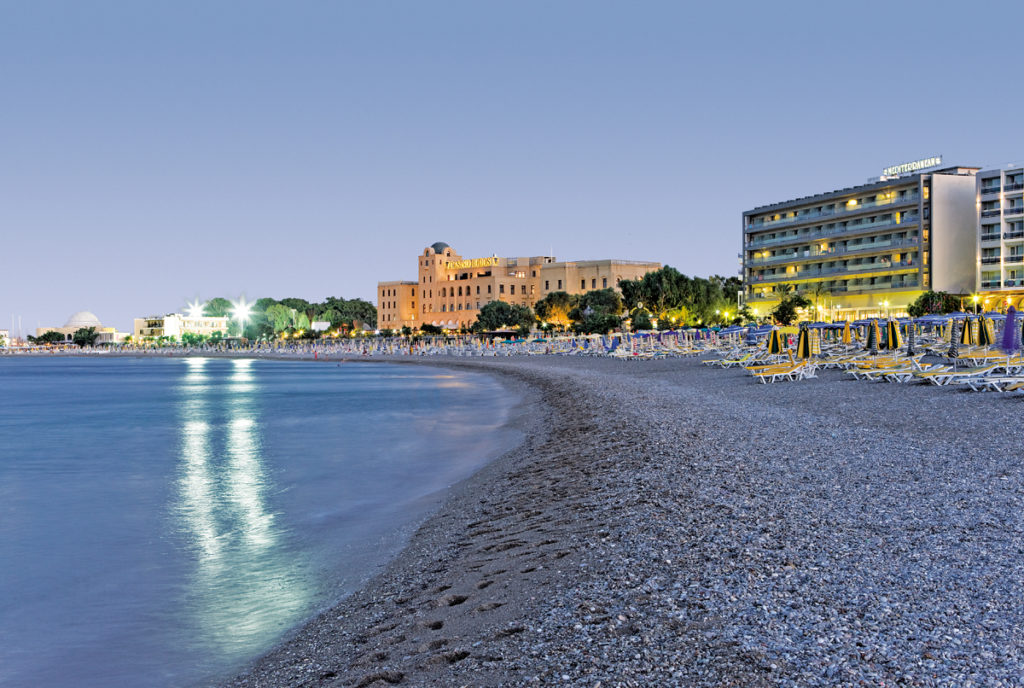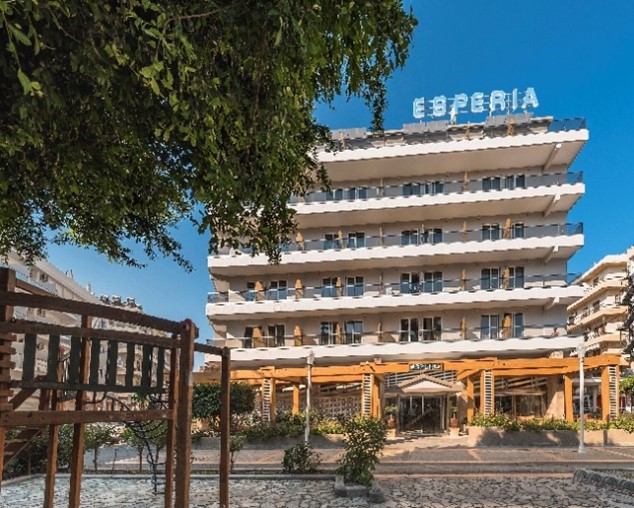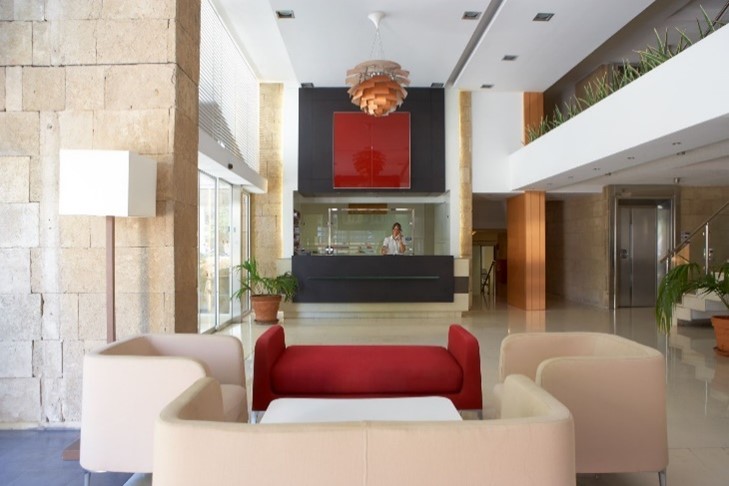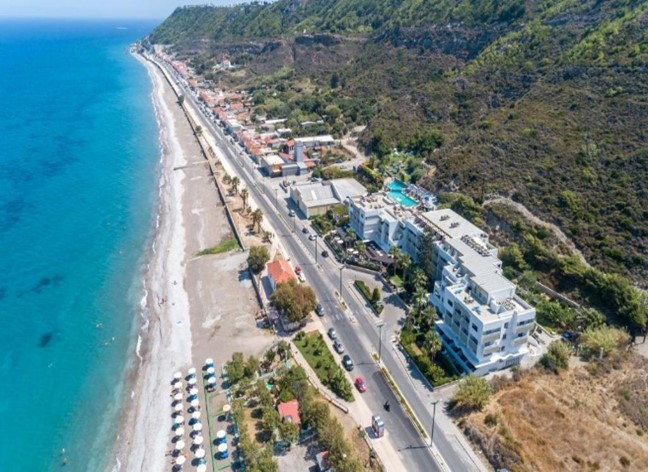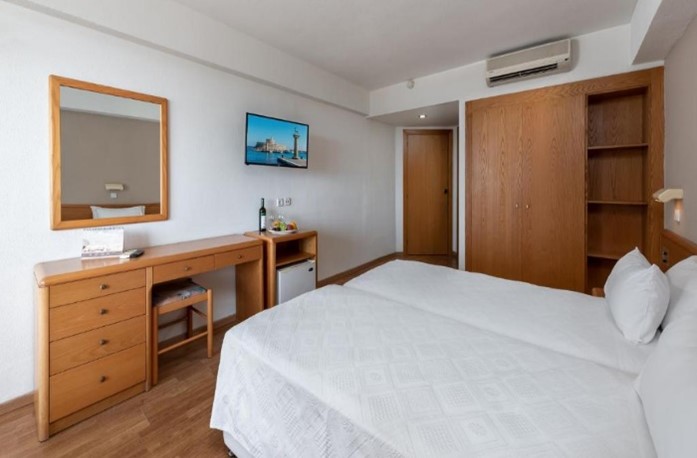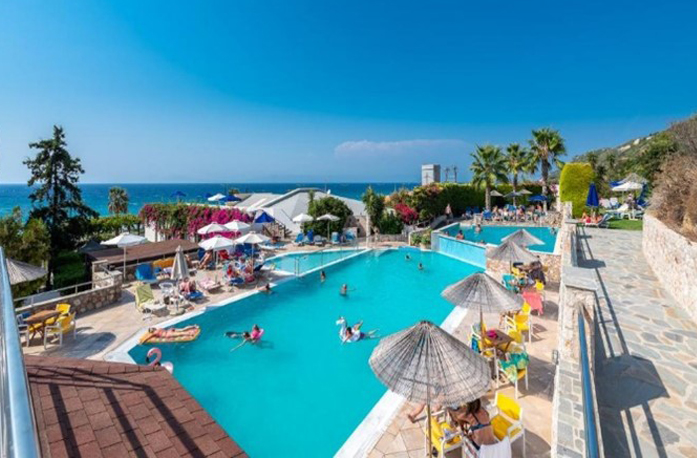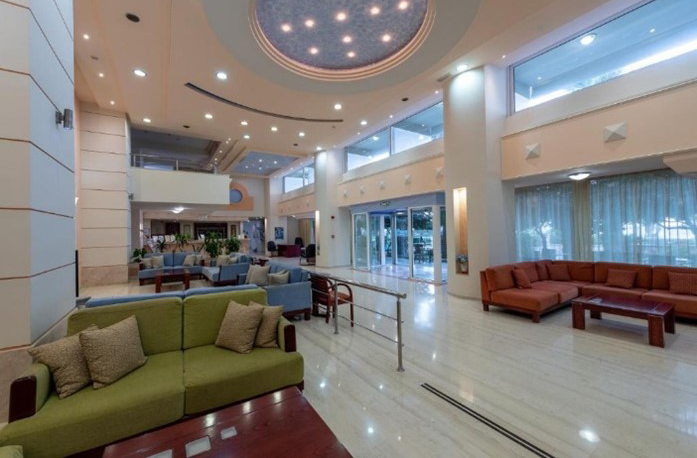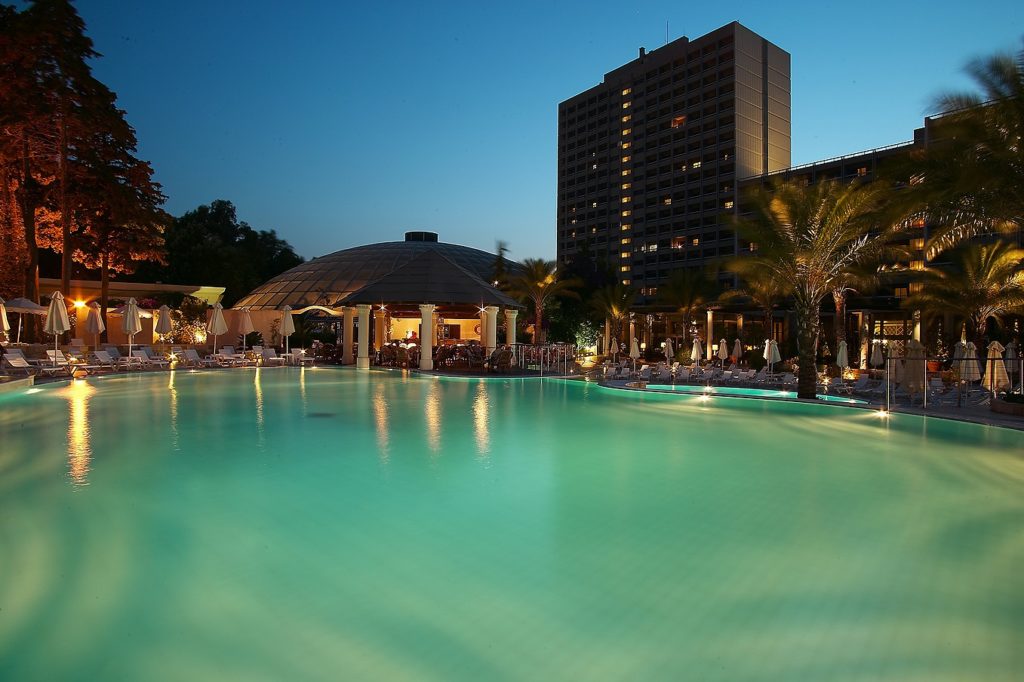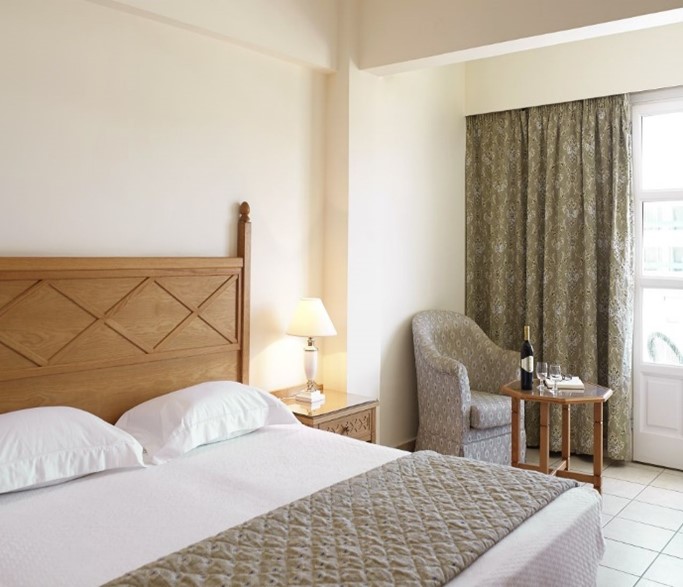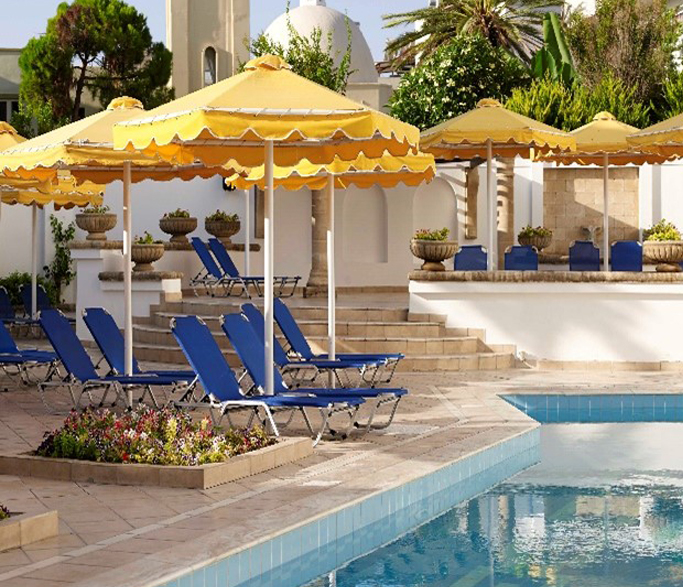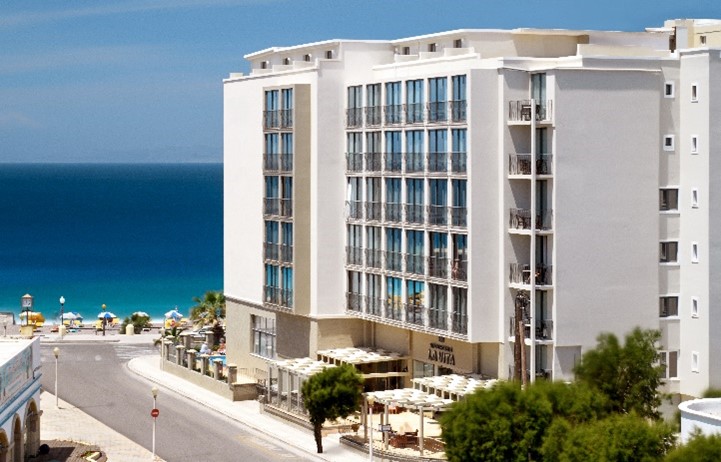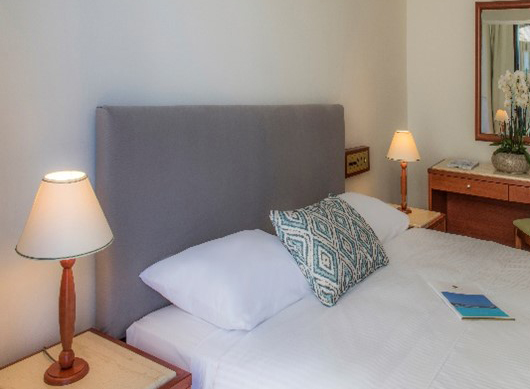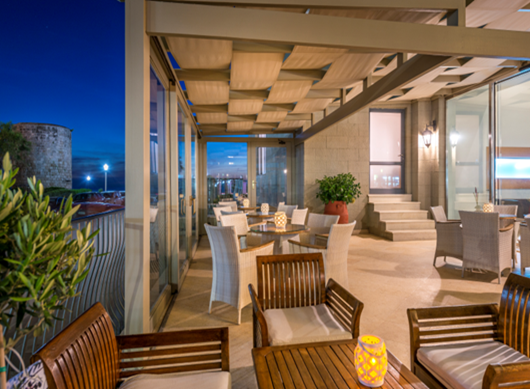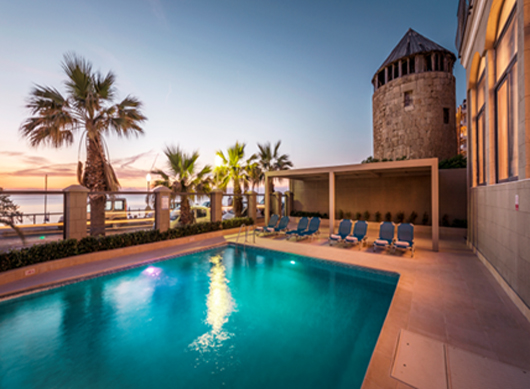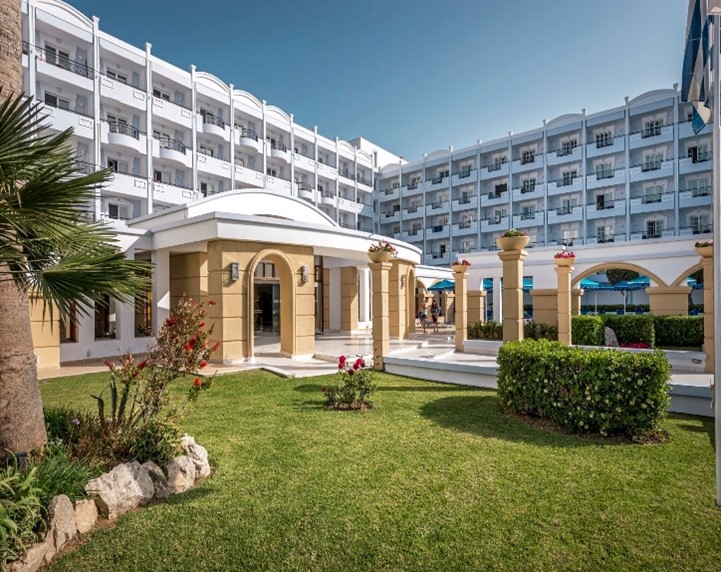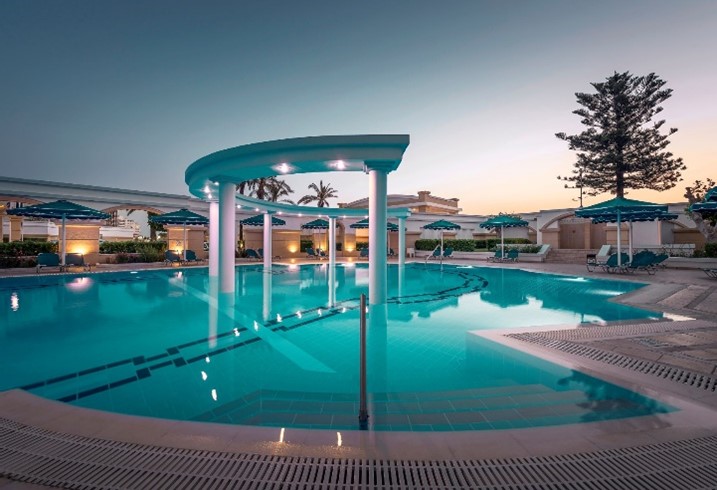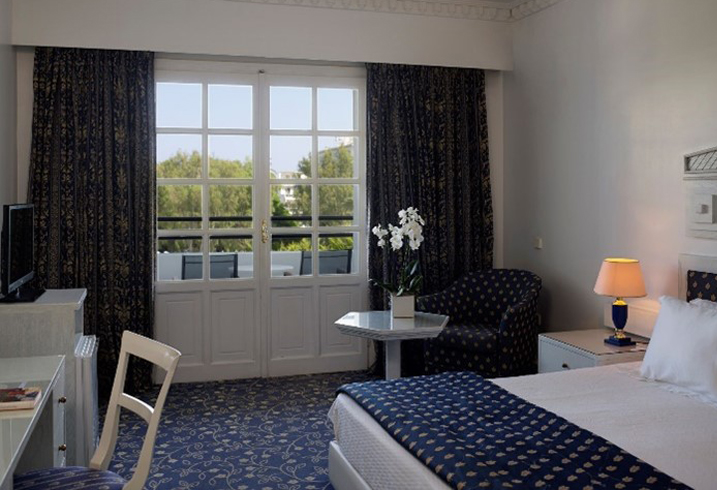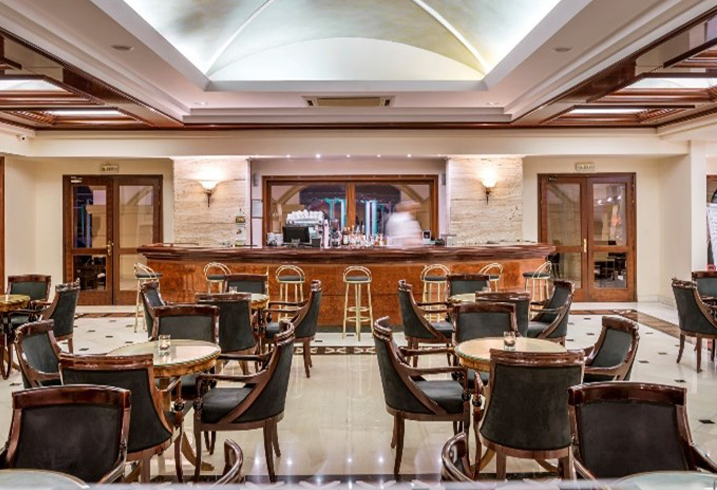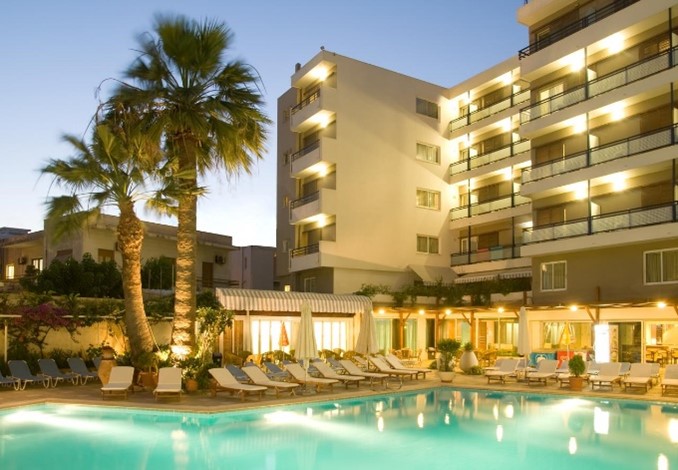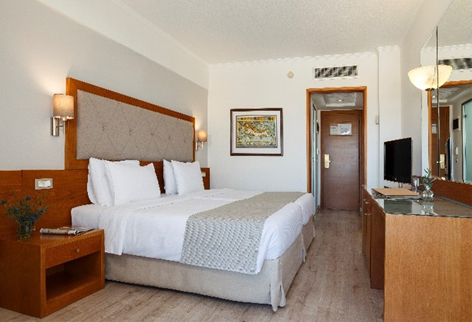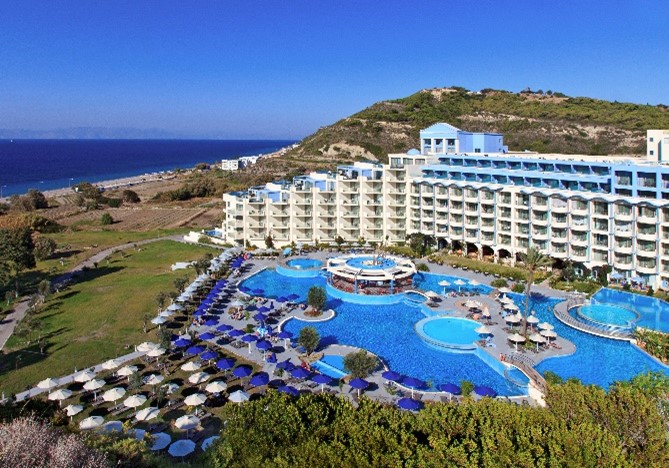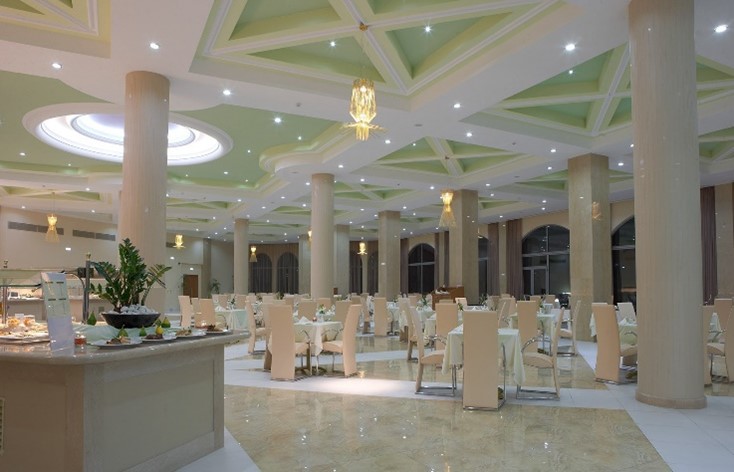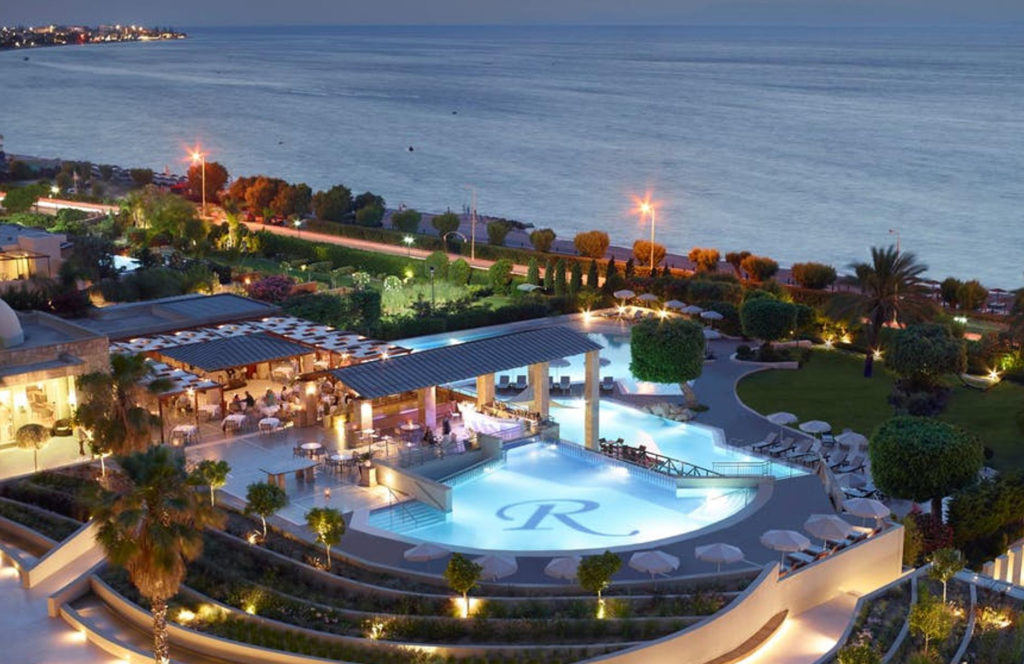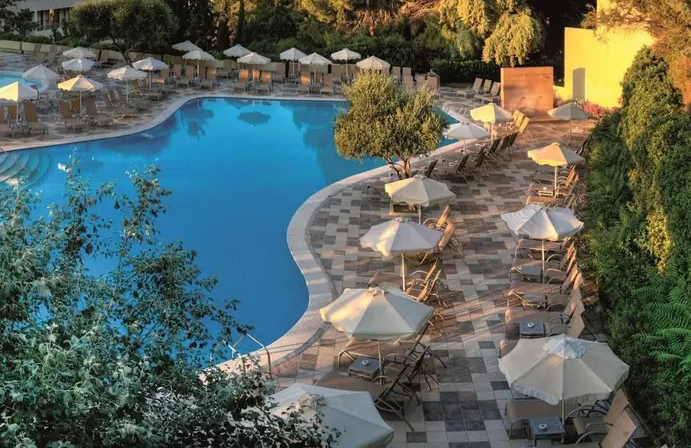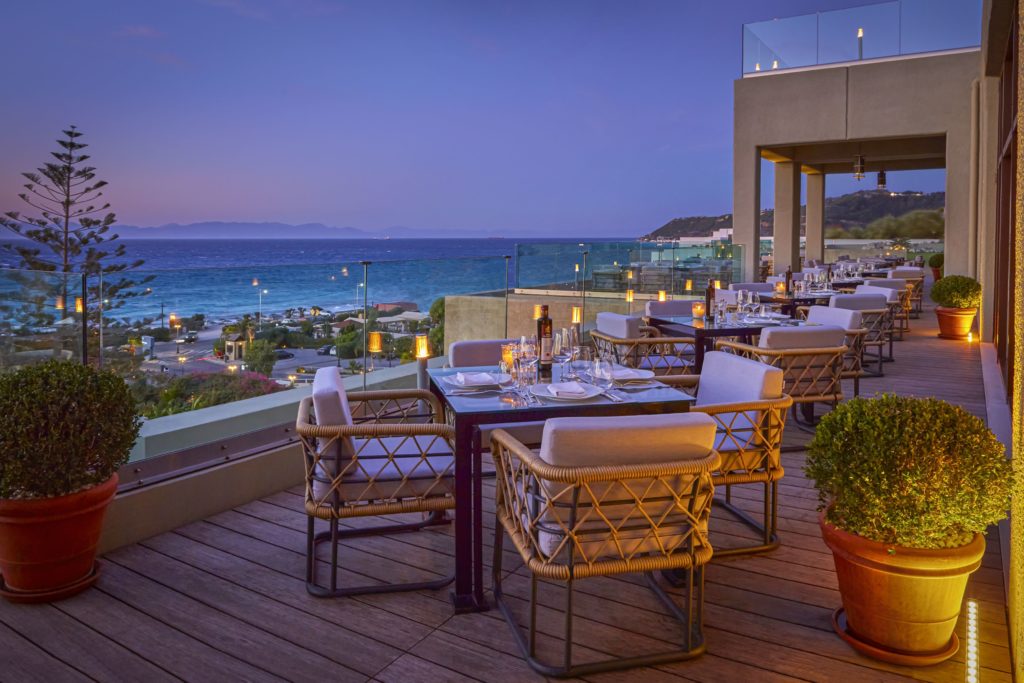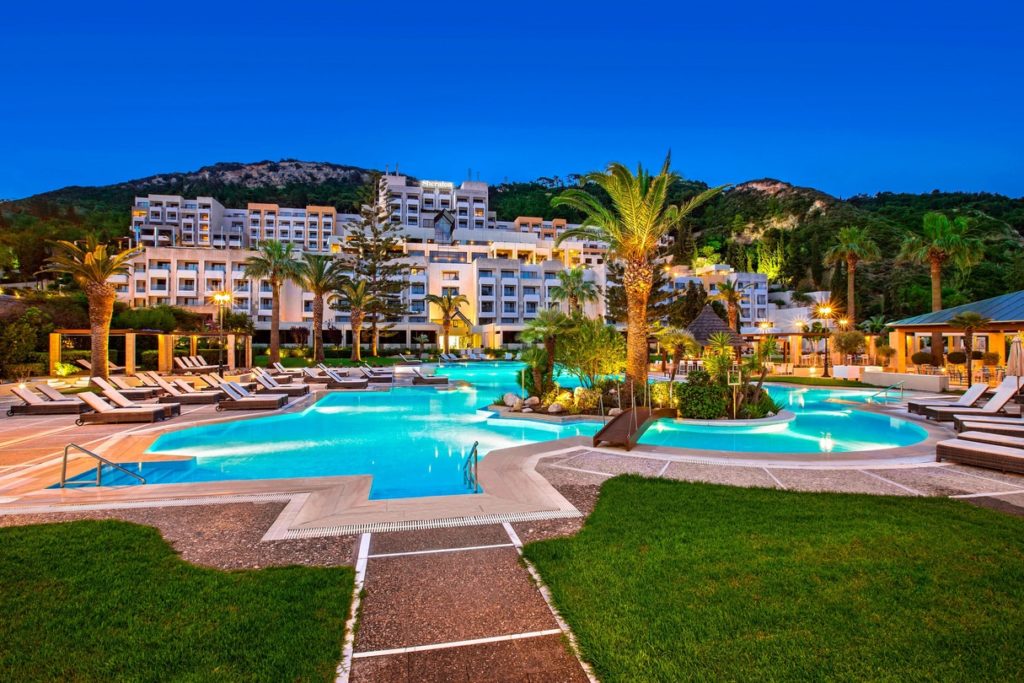History of Rhodes
Ancient legend has it that the island of Rhodes emerged from the depths of the sea. The Sun, fascinated by the beauty of the place, provided it with ambient light and became its protector. In the 8th century BC, the first Doric city-states were founded. Ialyssos, Kamiros and Lindos which formed, together with Kos, Cnidus and Halicarnassus, the first Doric economic and political union of the time.

Thanks to its excellent geopolitical position, the island quickly prospered and grew as a key trading center. It was directly on a route to connect the Greek cities with Sicily, Cyprus and Phoenicia. In 408 BC, the three city states decided to establish the city of Rhodes, a new, well-fortified city following a perfect Hippodamian system of town planning. With the expansion of the Roman Empire, Rhodes lost its independence, but preserved its glamor as an important center of trade in arts and sciences. From the 2nd century CE an active Christian community has developed. According to tradition, the Apostle Paul taught and founded the new religion on the island. In the 7th century AD, the Byzantines fortified a small part of the original town, for reasons of safety. Later, the walls were extended to encompass an area of 175,000 square metres.
In 1309 CE, Rhodes was taken over by the Knights of St. John of Jerusalem who stayed on the island for about 200 years. Rhodes developed in all sectors from trade to arts. The island’s architectural renaissance included the palace of the Grand Master, the church of St. John, the Langue of the Knights, the Hospital and the Arsenal. The fortification of the city was modernized while Western European, Late Gothic and Renaissance elements were adopted by Rhodian architecture. In 1522 CE, the Ottomans dominated the island and Rhodes became a provincial town of the Ottoman Empire for about four centuries. The Italian occupation followed from 1912 until the early 1940s. It wasn’t until 1947 that Rhodes, along with the other islands of the Dodecanese, were formally incorporated in Greece.
